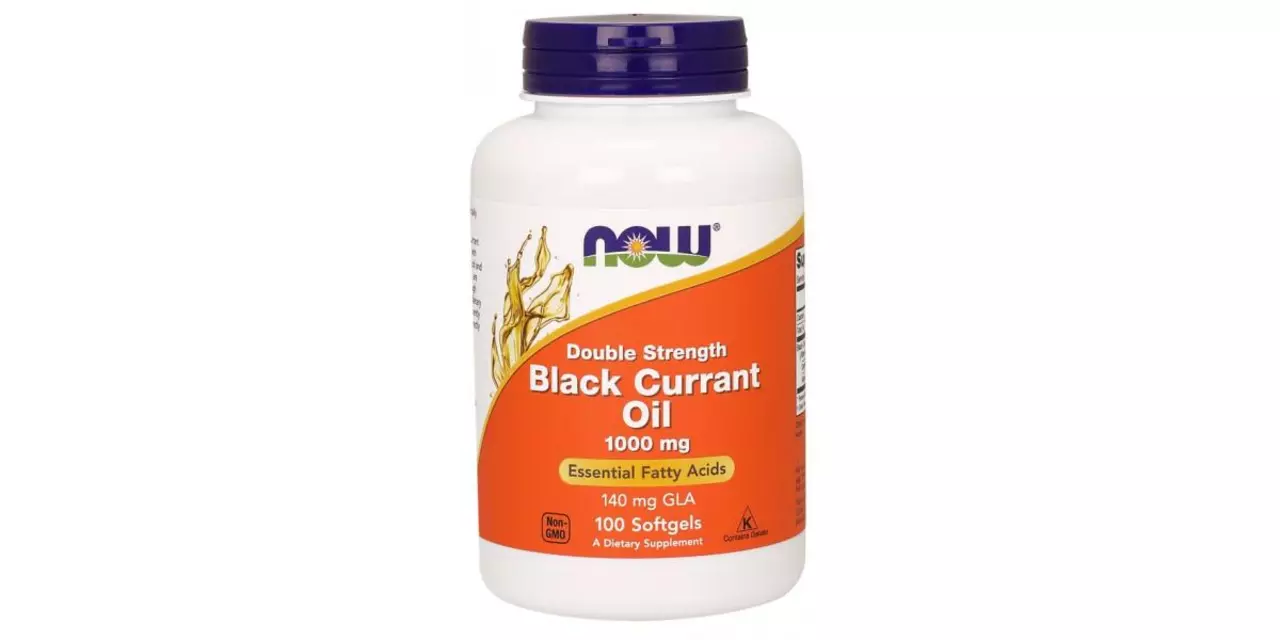Dietary Supplement Guide – What You Need to Know
If you’ve ever stood in front of a shelf full of pills, powders, or gummies and felt lost, you’re not alone. Supplements promise everything from extra energy to better skin, but the market is noisy. This guide cuts through the hype so you can decide what actually helps you.
How to Pick the Right Dietary Supplement
The first step is knowing why you want a supplement. Are you covering a nutrient gap, supporting joint health, or boosting immunity? Write down your goal and check if a specific vitamin or mineral addresses it. For example, vitamin D works for bone health, while omega‑3s support heart function.
Next, look at the label. A reputable product lists the exact amount of each ingredient, the form (like methylcobalamin vs cyanocobalamin), and any fillers. Avoid vague terms like “proprietary blend” that hide dosages. If a supplement claims 100% absorption without data, treat it with skepticism.Third, verify third‑party testing. Certifications from NSF International, USP, or ConsumerLab mean the product was checked for purity and potency. A quick search of the batch number on the manufacturer’s site can confirm this.
Price can be a clue, too. Extremely cheap options often cut corners on quality or use lower‑grade raw materials. That doesn’t mean you need to splurge, but a moderate price range usually reflects better manufacturing standards.
Safety Tips & Common Pitfalls
Even a well‑chosen supplement can cause trouble if taken wrong. Start with the recommended dose—more isn’t always better and can lead to toxicity. Fat‑soluble vitamins (A, D, E, K) accumulate in your body, so keep an eye on total intake from food and other products.
Interactions matter. Some supplements, like calcium, can interfere with iron absorption if taken together. Others, such as St John’s wort, affect prescription meds by altering liver enzymes. A quick chat with a pharmacist or doctor clears up most of these issues.
Allergies and sensitivities are another hidden risk. Many capsules use gelatin (animal‑derived) or soy oil as carriers. If you have dietary restrictions, choose vegan‑friendly or hypoallergenic versions.
Storage can affect potency too. Keep supplements in a cool, dry place away from direct sunlight. Heat and humidity break down many compounds, especially probiotics and enzymes.
Finally, track how you feel. A simple journal noting dosage, timing, and any side effects helps you spot patterns. If something feels off—headaches, stomach upset, or unusual fatigue—stop the supplement and consult a health professional.
In short, pick a supplement that matches your specific need, verify its purity, respect the dosage, and stay aware of how it fits with your overall health plan. With these steps you’ll get the most benefit without unnecessary risk.




